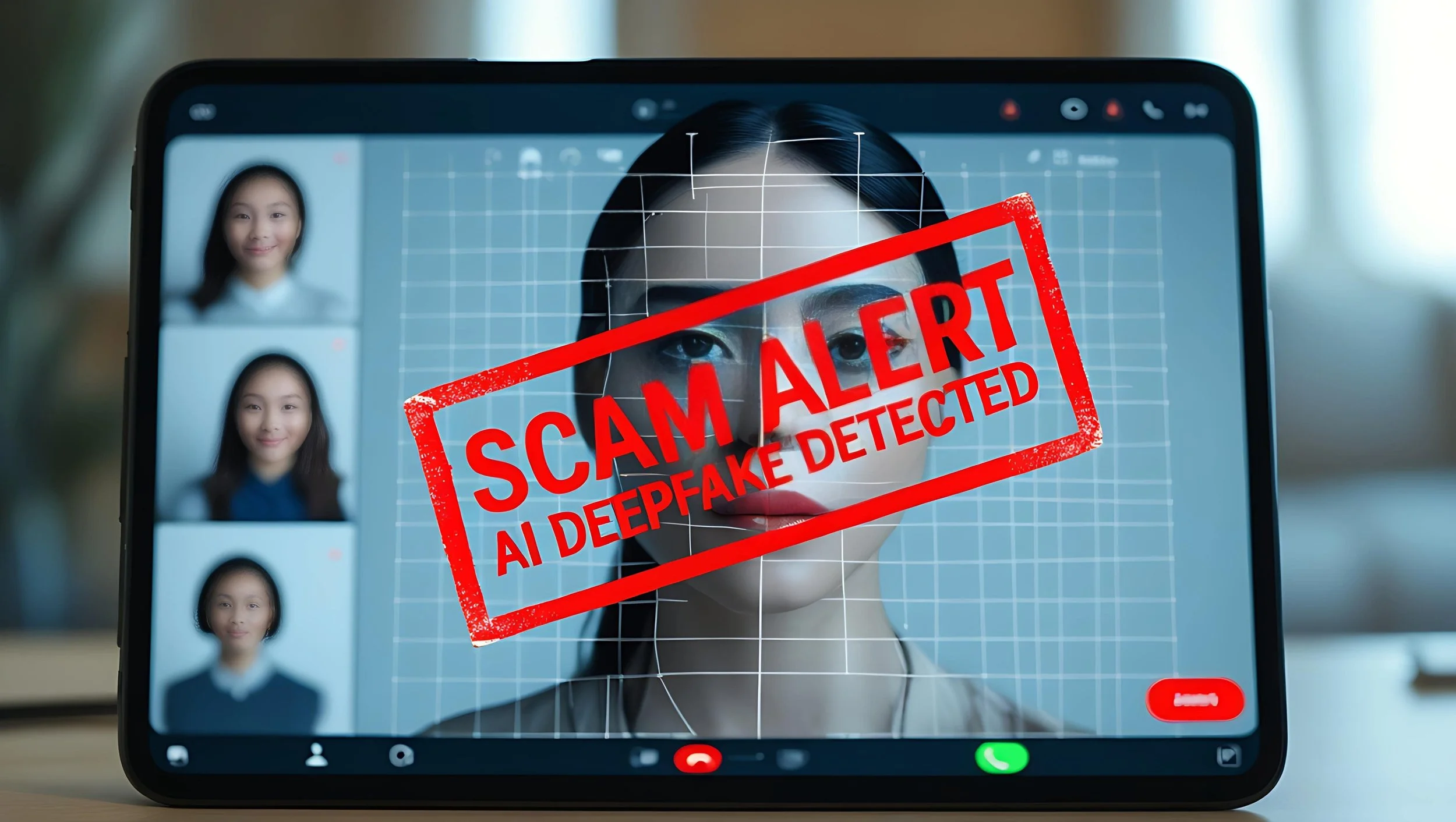Safe words: They’re not just for the bedroom anymore
Adobe Stock
True story: Several years ago, my grandmother received a phone call from someone pretending to be my cousin. The caller did a convincing job of imitating my cousin’s Hawaiian accent. He knew certain details, including that all of us grandkids called her “Gram.” And he knew my cousin was overseas serving in the military. He claimed he was detained in a foreign country and needed my grandmother to send money. My grandmother, being the caring generous person she was, panicked and rushed to help. Most fortunately, my grandmother’s bank stopped her from making a wire transfer and correctly identified the whole thing as a scam. So many people are not that lucky – particularly now in the age of AI and deepfakes that are more and more convincing every single stinking day.
This entire incident could have been avoided if my family had used a simple but rather brilliant security measure: a safe word.
In a campaign launched earlier this year, the National Cybersecurity Alliance launched an effort to get individuals to create safe words for their families, close friends, coworkers or caregivers for elderly family members. Essentially, you establish a safe word with this person or group of people and then should you receive an urgent call from that individual requesting money, assistance or information, you simply ask the caller for the safe word to verify that it’s truly your person and not a computer doing a great impression of them.
I know – it’s lunacy that we have to worry about these things these days, but here we are.
Now if you’re thinking, “I wouldn’t be duped! I could tell if it was fake,” I invite you to visit the NCA’s Voice Challenge website, where there’s a fun little exercise. Only one of the three audio clips features a real human voice. Can you pick it out of the lot? It’s harder than you think…
According to the NCA, it only takes about 30 seconds of audio or video for AI scammers to create a convincing deepfake mimicking your loved one. 30 seconds! That is horrifying considering how many videos and audio files most of us have floating around out there.
I love this idea because it is so simple but brilliant. It doesn’t rely on fancy technology or require you to download a special app. And it’s super secure because the information just lives inside your brain. Remember, the scammers always play on urgency – your loved one needs help immediately, your IT support desk needs information urgently. A safe word puts a simple, quick and effective check in place before you take the action they are requesting.
This is something young children can understand and implement.
This is something that is simple enough for older adults to still do.
And, for companies with small staff and maybe less cybersecurity infrastructure than a large company, it’s a really good practical safety measure to put in place – especially since a lot of the deepfakes pretend to come from your company’s IT support desk.
Even though this campaign launched in April (brilliantly timed for April Fools), it just kind of really hit my radar this past week when I attended the NCA Convene conference in Cleveland. So, in the interest of spreading the word, here I am.
A safe word is simple, practical and could be an incredibly effective defense for your family or your company. Do it.
Additional resource: Why Your Family and Coworkers Need a Safe Word in the Age of AI


